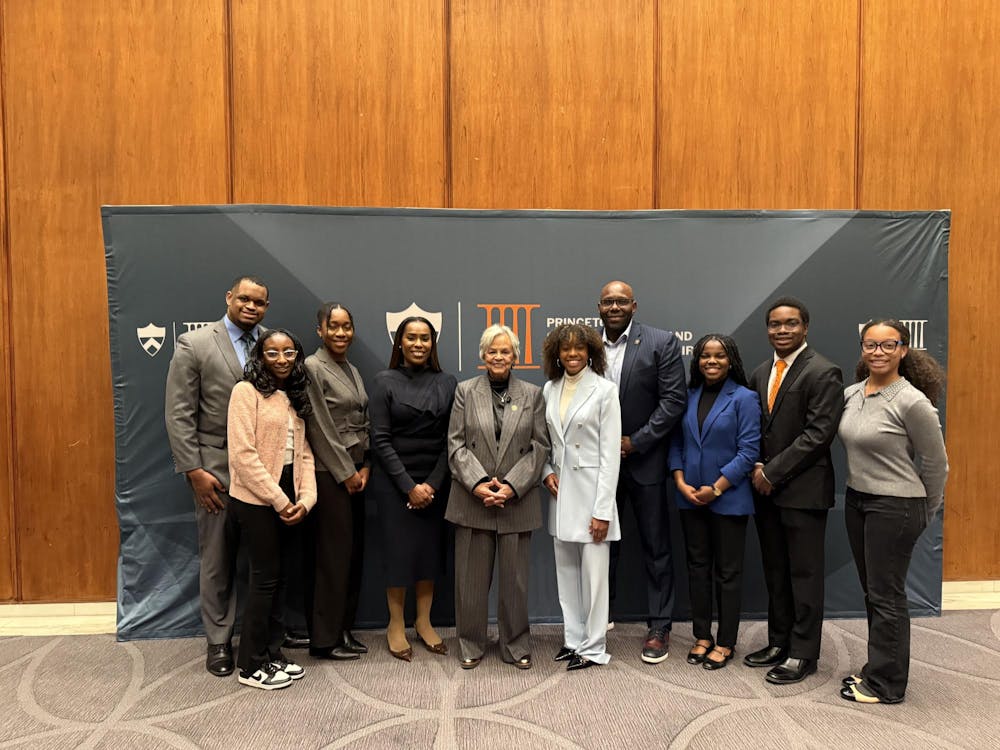In an article on the study published on Monday, Bloomberg News chose to “infer that Anon U is an Ivy League school or equivalent” based on statistics like 28 percent of its alumni being graduates of private high schools and legacies being admitted at three times the rate of other applicants. The article also noted that Anon U has fencing, water polo and squash teams and went coed in the 1960s.
“True, children of Anon U alumni have a higher rate of acceptance than other students, but this does not prove that having a parent who made donations in the past increases a child’s likelihood of admission. Nevertheless, the view that reciprocity exists is widespread,” they wrote, adding, “Perceptions of reciprocity may be reinforced by university administrators who link the acceptance of alumni children to financial support of their institutions.”
Though there is no evidence to suggest the study focuses on Princeton giving, the authors do make reference to the University in the introduction of their paper.
As an example of administrators’ reinforcement of the perception of reciprocity, Rosen and Meer cite a 2007 interview with The Wall Street Journal in which President Tilghman was asked, “Why does Princeton give admissions preference to alumni children?” Tilghman responded, “We are deeply dependent on the generosity of our alumni each and every year … They are extremely important to the financial well-being of this university.”
Tracking Anon U alumni with children, the authors found that the probability of giving is substantially greater for alumni whose children ultimately applied to Anon U than for those whose children did not.
“This differential is consistent with the joint hypothesis that alumni can reasonably predict the likelihood that their children will apply to Anon U and that reciprocity in the form of admission is expected,” they wrote. “At admissions time, the probability of making a gift falls substantially for alumni whose children were rejected. It also declines for those whose children were accepted, albeit by a smaller amount.”
Alumni whose children didn’t apply to Anon U continued to donate at a steady pace, even after their children began attending other colleges.
“Our results do not imply that self-interest is the only motivation behind donative behavior,” the authors explained. “Many alumni with no apparent reason to expect a reciprocal benefit, at least in terms of a higher admissions probability for their children, are extraordinarily generous.”

The study also addressed some other factors that influence giving, including the effects of athletic team championships.
Male alumni give more money when sports teams win championships, even more if it is a team they played for themselves, the study found. The authors also noted that crew members and lacrosse players were especially generous with donations. Alumni whose sports teams won championships during their senior years gave at especially high rates — roughly 8 percent higher than other athletes. Giving by female athletes, however, did not appear to correlate with their teams’ success.
Correction
Due to an editing error, an earlier version of this article incorrectly attributed Monday's Bloomberg News article to The Wall Street Journal.








